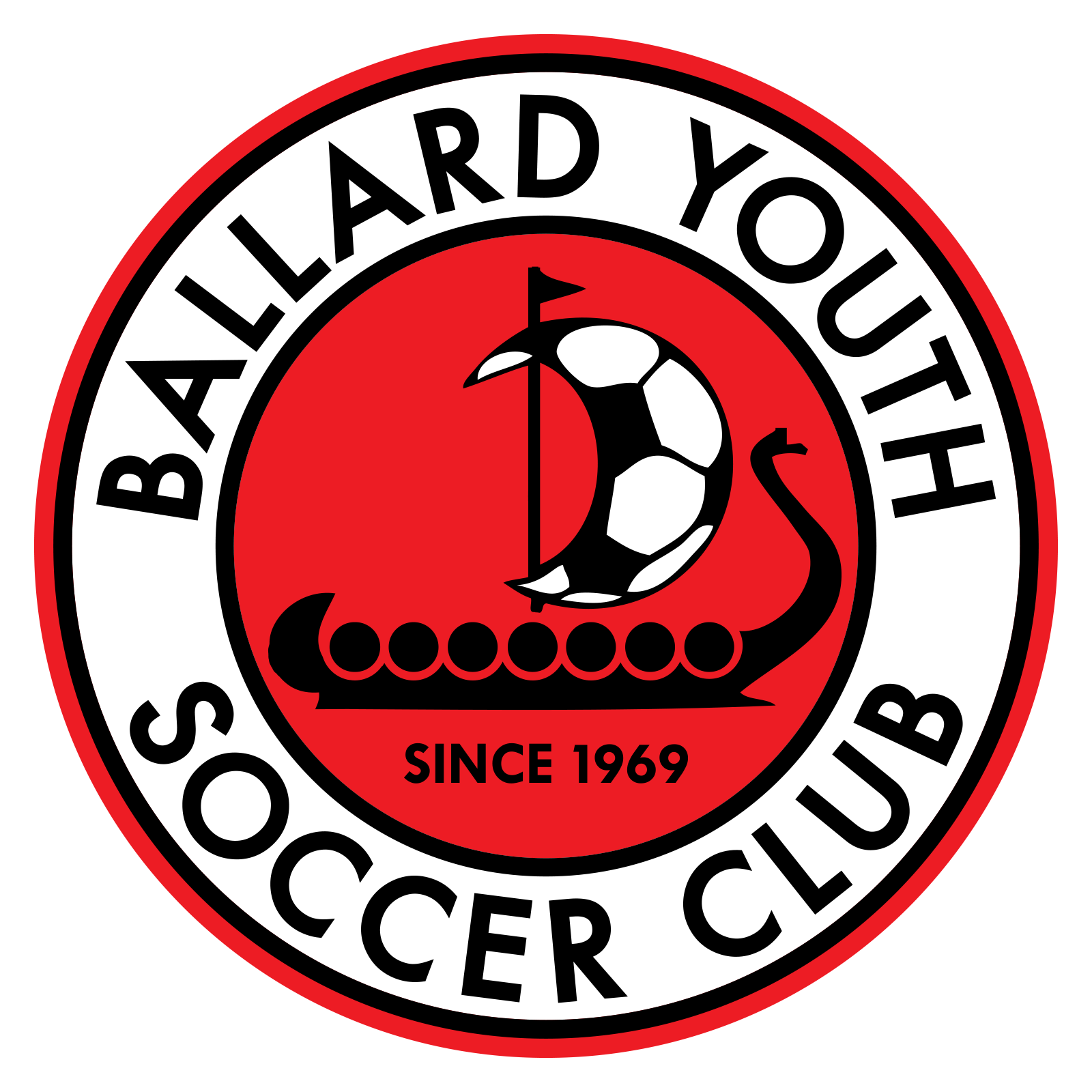Coaching
How to become a Coach:
Every year- Coaches need to be registered with both Ballard Soccer and Washington Youth Soccer to be assigned to a team
Let us know how you are interested in coaching by registering with Ballard Youth Soccer Club and our Coaches are required to complete a Risk Management Application and national background check through Washington Youth Soccer Association.
Thank you so much for taking on this great role. The kids cannot play if we don’t have people like you step forward to coach.
Know the Rules
Be a Role Model
Player Health and Safety
Equipment
How to get Certified
Practice Schedule
Training
Congratulations, Coach!
You’ve got your first team of young soccer players–and you’re not exactly sure what to do with them. In fact, sometimes you wonder whether they know more about the game than you do.
Relax:
If you combine common sense with the basic ideas and add a dash or two of concern and empathy, you’ll give your players exactly what they need: a solid background in the game, and a love for the sport that will continue long after you’ve stopped working with them
Keep Speeches to a Minimum:
Your emphasis should be on demonstrating, then letting the players try it themselves. Don’t spend too much time on any one activity: 10 or 15 minutes is about all you can expect at the youngest age. Vary your drills, exercises or games.
- Begin with warm-ups
- Introduce a skill development that can be practiced in small groups
- Move on to larger group work
- End with a group scrimmage of some type.
Be Positive!
Encourage, offer praise and highlight the successes of each player, no matter how small; if you must point out negatives, do it quietly, and individually. When you must discipline your players–and probably the biggest transgressions you’ll get at this age are disruptions of practice–be consistent. Do not talk ill of the other coaches, players or referees.
One Ball per Player:
Be certain that every player has a ball. The best players will develop their skills on their own or playing with friends outside of practice. Some coaches assign homework. One of the keys to developing good players is to make certain that each child gets plenty of touches. Exercises in which each player constantly works with the ball are far more effective than those in which a majority of children stand around and watch. Avoid lines and do things in small groups.
Keep an Eye on Parents:
Make sure that everything they say on the sidelines is positive. Try to cut down on “coaching” comments from the sidelines–both yours and, certainly, the parents.
Avoid individual Awards:
Give trophies or ribbons to all–you can collect a couple of bucks from each parent for this as well as planning an end-of-the-season party to celebrate your success!
